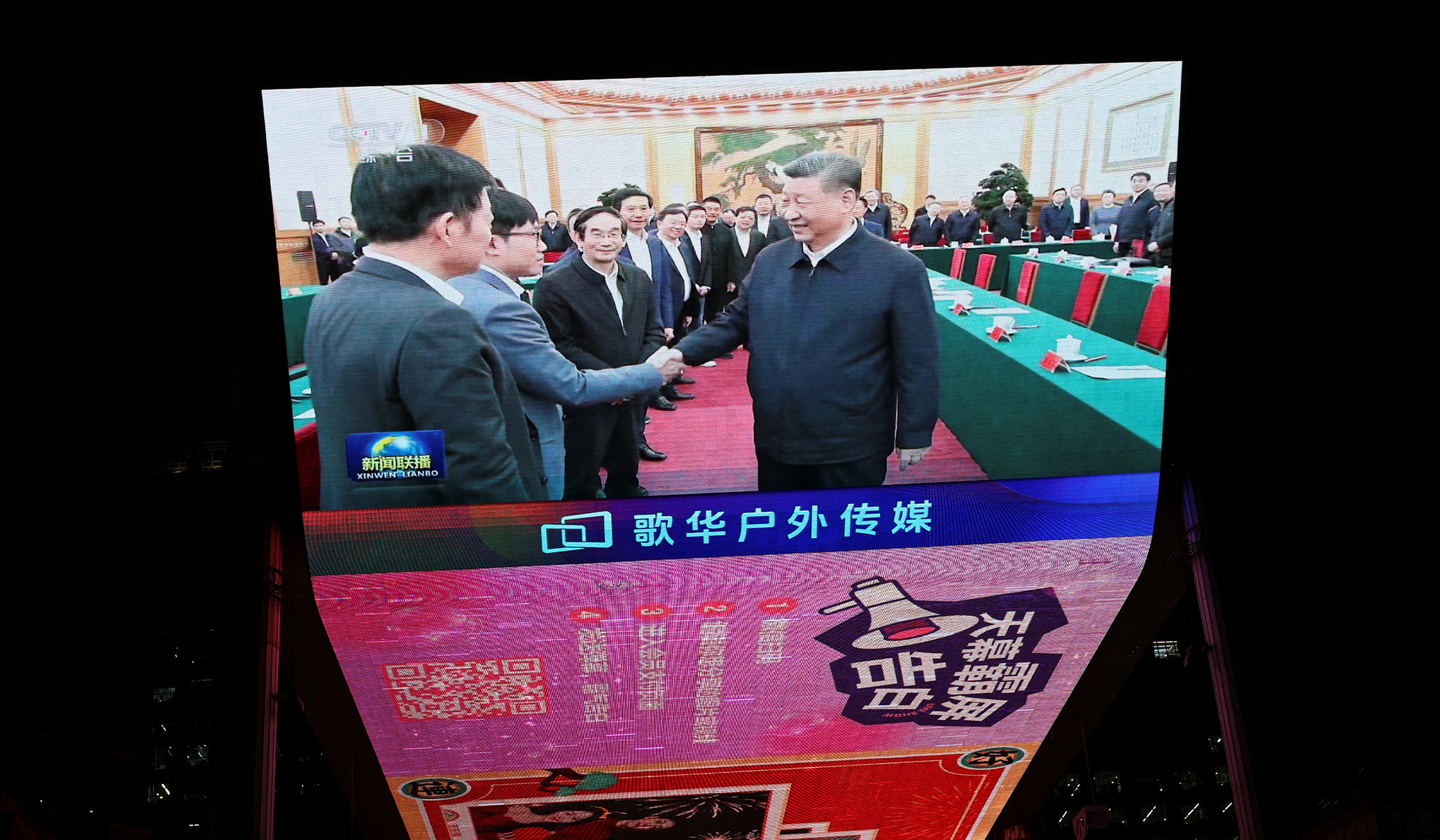
A recent survey has revealed that a vast majority of American voters—88%—are increasingly concerned about the pace of technological advancement in China and its potential implications for global military power dynamics. The findings highlight widespread apprehension that Beijing’s rapid strides in technology, especially in fields such as artificial intelligence, cybersecurity, and advanced weaponry, may significantly strengthen its military capabilities.
The fear is rooted in China’s strategic investments in cutting-edge technologies, coupled with a broader national strategy aimed at achieving technological self-sufficiency and military modernization by mid-century. This aligns with President Xi Jinping’s push to transform the People’s Liberation Army (PLA) into a world-class fighting force by 2049, the centenary of the People’s Republic of China.
Beijing’s advancements in key strategic areas, including quantum computing, space-based systems, and hypersonic weapons, have led Western defense analysts and policymakers to express growing unease. In the past year alone, China has unveiled several military technologies believed to rival those of the United States, sparking debates in Washington over the necessity to revamp defense budgets and tech development policies.
Many voters appear to share these concerns, according to the new poll, which underscores the extent to which national security and emerging technologies are now intertwined in public opinion. The anxiety reflects broader geopolitical tensions between the U.S. and China, with issues ranging from trade disputes and global supply chain dependencies to espionage and cyberwarfare.
The findings may also influence upcoming political agendas and electoral platforms in the United States, where candidates increasingly focus on foreign policy assertiveness and technological competitiveness. Lawmakers from both major parties have called for heightened oversight of tech sectors, strategic partnerships with allies, and significant investments in the domestic tech industry to counterbalance China’s growing influence.
As global powers continue to compete for technological supremacy, the nexus between innovation and national security is likely to remain a dominant theme in policy discussions and public debates in the years ahead.
Source: https:// – Courtesy of the original publisher.








